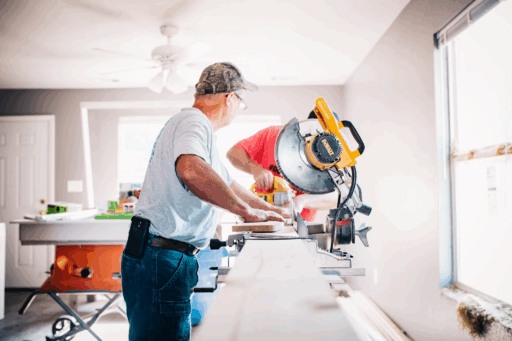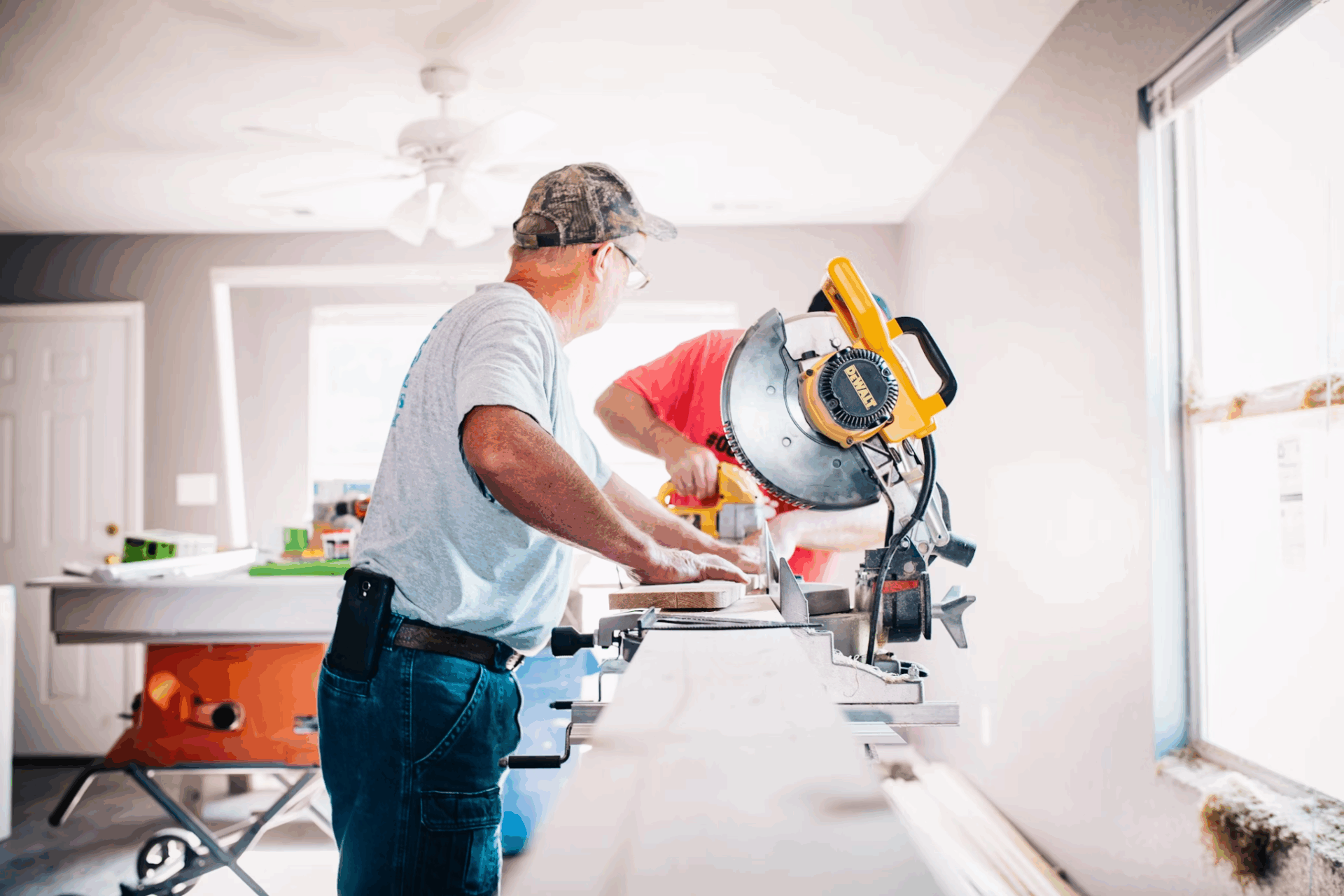Every homeowner eventually faces an unwelcome and unexpected expense. A pipe bursts in the middle of winter, the refrigerator stops working without warning, or the heating system gives out just when it’s needed most. These moments don’t wait for a payday – and what separates a minor inconvenience from a major disruption is how prepared you are to handle it.
Covering unplanned home expenses doesn’t have to mean panic, overdrafts, or high-interest debt. With a mix of planning, financial awareness, and smart funding options, it’s possible to navigate unexpected costs without long-term damage.
Understanding the True Cost of Home Emergencies
Not all home repairs are created equal. Some are low-cost and can wait. Others, like electrical issues or water damage, demand immediate attention and often come with hefty bills. Plumbing failures, for instance, can cost hundreds—or even thousands—depending on severity. A broken appliance might seem simple, but if it’s your oven before the holidays or your washing machine with a house full of kids, it quickly becomes urgent.
More problematic are structural issues, such as roofing leaks or foundation problems. These repairs are expensive and often non-negotiable. Waiting can worsen the damage. That’s why understanding which fixes are time-sensitive—and which aren’t—helps you act smartly under pressure.
Building a Home Repair Reserve Fund
One of the simplest ways to stay ahead of surprise expenses is by building a reserve fund specifically for home repairs. While this isn’t always easy, especially with other monthly obligations, even small, consistent contributions matter. Setting aside just $25 to $50 per month can grow into a solid buffer over time.
Think of this fund as distinct from your general emergency savings. It’s not for medical bills or lost income—it’s dedicated to your home. Some people use separate savings accounts or sub-accounts within their banking app to stay organized. Automation can also help remove the mental blocks that sometimes cause skipped manual transfers.
Evaluate the Risks Before They Turn Into Costs
Routine maintenance may not be exciting, but it’s essential. Many large expenses begin as preventable issues that were overlooked or postponed. Scheduling seasonal checkups for heating systems, clearing out gutters, checking seals around windows, and inspecting appliances can prevent breakdowns later.
It’s also useful to understand the average life span of key household items. Water heaters typically last 8 to 12 years. Furnaces typically have a lifespan of between 15 to 20 years. If you’re living in an older home and haven’t replaced these systems, they’re likely approaching the end of their service life. Knowing that timeline allows you to plan ahead or gradually budget for replacements instead of being blindsided.
When Savings Aren’t Enough: Responsible Financing Options

Even the most disciplined savers can face a repair that exceeds their available funds. That’s where responsible financing becomes essential. While high-interest credit cards or payday loans might seem fast, they often worsen financial strain. It’s far more financially astute to explore short-term lending solutions that are transparent, reputable, and structured for hassle-free repayment.
For example, some online lenders specialize in small personal loans tailored for urgent but manageable expenses. Platforms like CreditNinja.com provide access to fast funding with fixed repayment terms, making it easier to handle a surprise plumbing job or emergency heating repair without falling into a debt spiral. These tools offer immediate relief while giving you space to repay over time.
Timing Repairs Without Sacrificing Urgency
Not all surprise repairs need to happen right away. It’s important to distinguish true emergencies from fixable inconveniences. A dishwasher breakdown may be annoying, but it’s not the same as a broken furnace in mid-winter. By categorizing expenses into “urgent,” “semi-urgent,” and “non-urgent,” you give yourself space to make informed financial choices.
This approach also helps when negotiating with service providers. Many offer seasonal discounts, package deals, or off-peak scheduling options that can lower your bill. If a repair can wait a week without causing damage or discomfort, use that time to compare quotes or research better options.
Prepare Mentally, Not Just Financially
Covering unplanned home expenses isn’t just about money. It also tests your mental flexibility and emotional readiness. Feeling overwhelmed or embarrassed is common, especially when repairs stack up or hit during tough months. But reframing the situation as a normal part of homeownership can help reduce the pressure.
A calm mindset leads to better decisions. It prevents snap borrowing or neglecting the problem altogether. Leaning on community resources, asking for flexible payment plans, or seeking advice from experienced homeowners are all valid and often overlooked steps.
Explore Warranties and Service Plans Before Issues Arise
One proactive way to reduce out-of-pocket costs is by reviewing home warranties and appliance service plans. Many homeowners overlook the value these agreements provide until it’s too late. A modest monthly warranty fee at the time of purchase can cover repairs or replacements for systems like HVAC, plumbing, or kitchen appliances.
While not every plan is worth the cost, reading the fine print and understanding exclusions can help you decide if the coverage fits your needs. Having this support in place can turn a major repair into a simple service call with minimal financial and emotional stress.
Keeping Home Ownership Financially Sustainable
The key to handling home expenses without stress lies in how you prepare before the emergency hits. No one expects a power surge to fry their air conditioning system or a leaking bioler. But these things happen, and when they do, being financially prepared gives you control.
Having a game plan—save when you can, finance responsibly when you must, and anticipate maintenance timelines—keeps small problems from spiraling. The home you live in shouldn’t be a source of stress. It should feel like a place where you can handle whatever comes up next, calmly and confidently.








